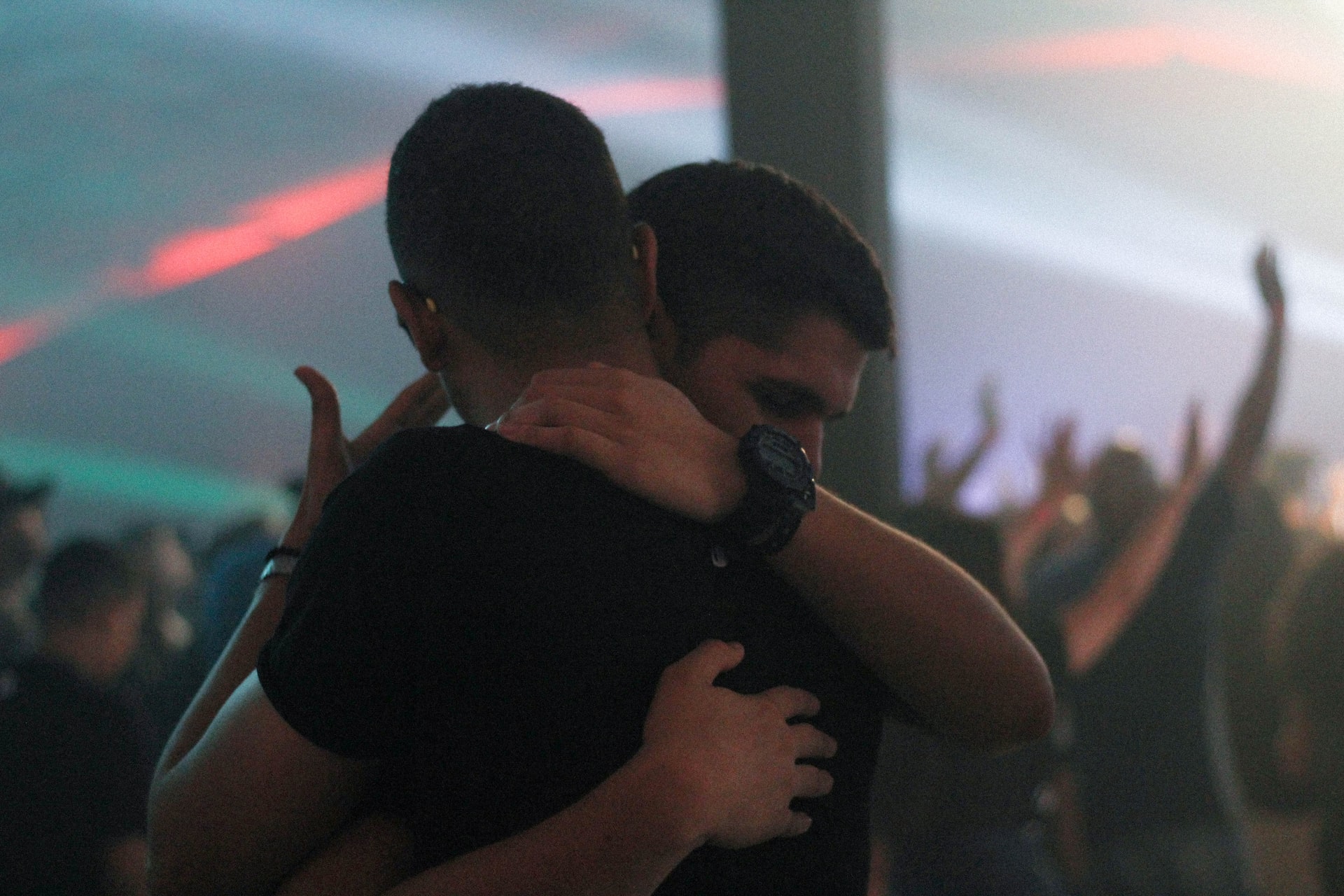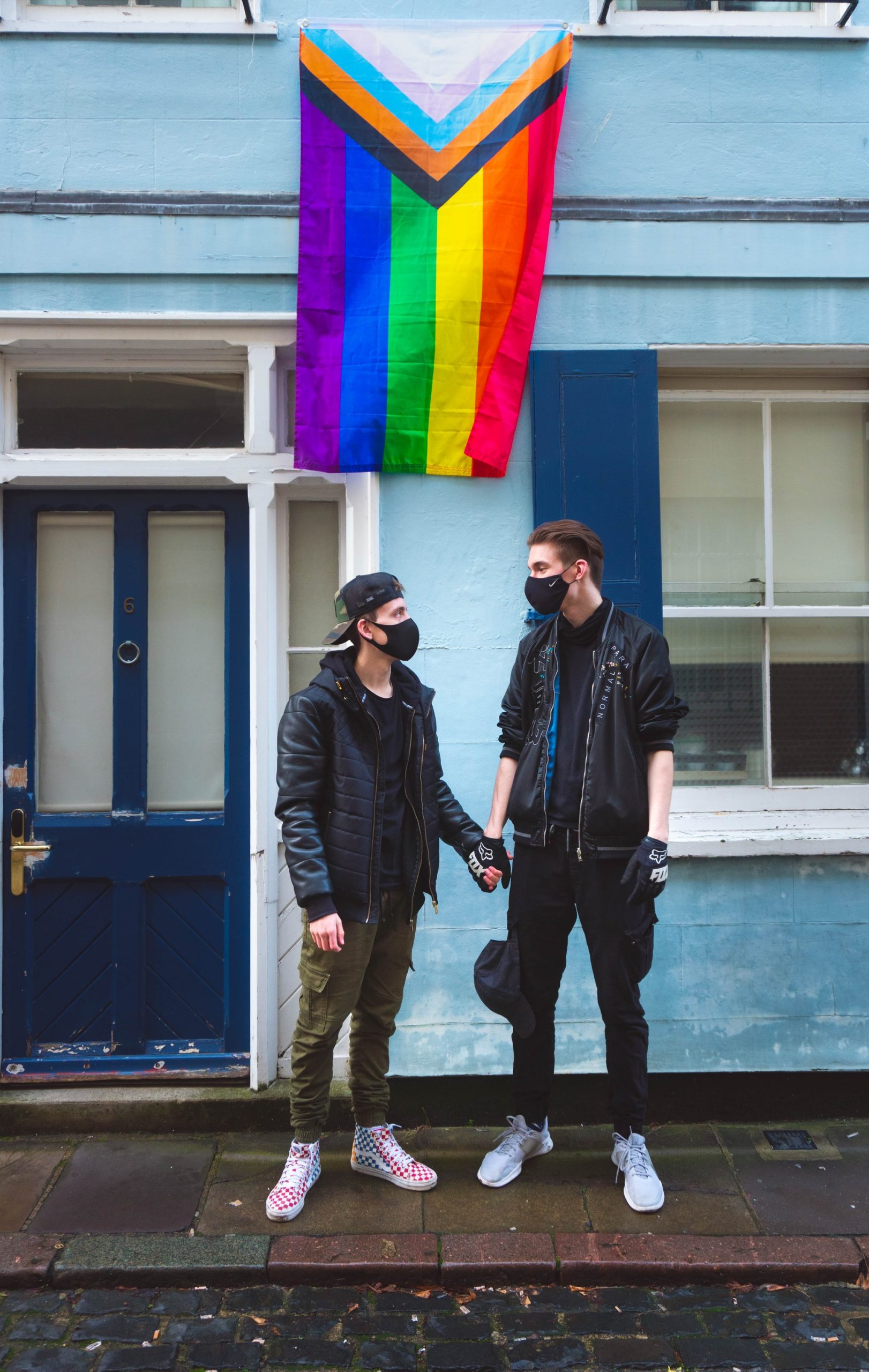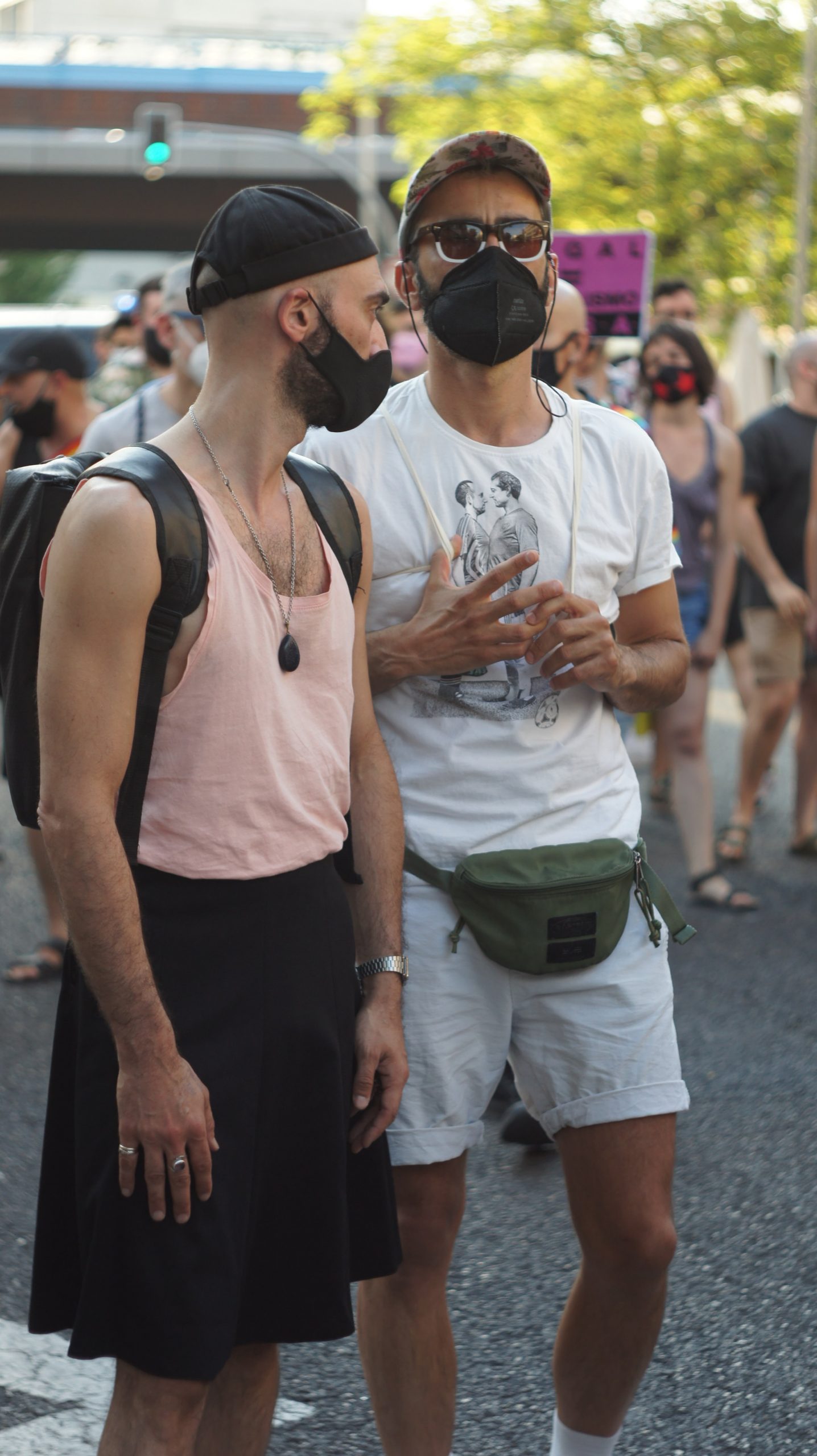Anti-LGBT law, calls to “de-Atlanize” Ukraine, omnipresent references to religion… In parallel to the war in Ukraine, the Russian government is leading a conservative and identity-based offensive on its domestic front. According to experts, the aim is to unite the country around “traditional” values.
In Russia, Russian deputies voted Thursday, November 24, to significantly expand an anti-LGBT law passed in 2013. Originally aimed at banning “LGBT propaganda” to minors, it now outlaws “the promotion of non-traditional sexual relations” to all audiences in the media, on the Internet, in books, and movies.
In parallel with the war in Ukraine, Russia is pursuing a conservative turn initiated in the 2000s and presented by the Kremlin as the defense of “traditional” values in the face of the influence of a West considered decadent.
1. Search for Identity

“Russian society has been searching for its identity since the 2000s, after the failure of the liberal values promoted at the end of the USSR, explains Vyacheslav Aviutskii, professor at the École supérieure des sciences commerciales d’Angers (Essca) and specialist in Russia and Ukraine. It continues today with even greater intensity: lacking unanimous support for the war in Ukraine, the Russian government has embarked on a conservative enterprise of ‘ideological purification’ of the population in the face of Western influences deemed harmful.”
Duma Speaker Vyacheslav Volodin thus introduced the new draft of the law on Thursday, saying it would “protect our children and the future of this country from the darkness spread by the United States and European countries.” “We have our own traditions and our own values,” he added. This latest assault on gay rights, which follows years of repression, is linked to the promotion of the traditional family.
“The Russian regime emphasizes the traditional family, as opposed to Western values. Anti-LGBT propaganda is present in children’s school books, as well as the promotion of the traditional, nuclear family, which is presented as necessarily including a father, a mother and two children minimum”, analyzes Lukas Aubin, director of research at the Institute of International and Strategic Relations in Paris (Iris) and recent author of the live “Geopolitics of Russia” (ed. La Découverte).
In a speech given at the Grand Palace of the Kremlin, the former palace of the Tsars, Vladimir Putin declared on September 30: “Do we really want to have here in our country, in Russia, a ‘parent number one’, ‘number two’, ‘number three’, instead of ‘mom’ and ‘dad’?
2. Demographic decline

But beyond a propaganda speech, this emphasis on the traditional family is also based on a pragmatic observation. Despite its pro-birth policy, Russia has been experiencing a major demographic decline since the end of the Soviet Union. According to demographers’ forecasts, the population is expected to decline to between 130 and 140 million people by 2050, compared to 148.2 million in 1991.
Promoting conservative family values allows the Russian government to scorn the West and respond to a challenge that it considers crucial. Already in 2020, Vladimir Putin presented the demographic crisis as a “historical challenge”, assuring: “The destiny of Russia and its historical prospects depend on how many of us there will be”.
“The discourse of the Russian regime may seem ultra-reactionary, even delirious, but it is also linked to practical considerations, notes Lukas Aubin. This anti-LGBT propaganda discourse is linked to the need for Russian society to have children. They are not yet at the point of banning abortion, but they carry a very strong incentive and natalist discourse.”
Since its annexation by Russia, Crimea has been regularly strewn with anti-abortion posters. In the capital, Simferopol, reports Lukas Aubin, the Russian government has financed posters showing a baby begging its mother not to kill it.
3. Ideological tinkering

The promotion of conservative values also allows the Russian government to rely on the Orthodox Church to justify its foreign policy. Patriarch Kiril, a close associate of Vladimir Putin, has made numerous references to the “holy war” being waged in Ukraine. He is not the only one. The Chechen leader Ramzan Kadirov also references “sheïtan”, the devil in Arabic, to mobilize the 10% of Russian Muslims.
Vladimir Putin leads a country that has never become a nation-state,” says Vyacheslav Aviutskii. Russia remains an imperial state, inherited from the tsars and the Soviet Union, and is therefore by definition fragmented into different regional identities. By exerting strong pressure on society and through propaganda, the Russian regime seeks to build a unifying conservative base that serves as a denominator and engages society behind it.”
Conservatism thus serves, according to the researcher, to transcend the different religions – Orthodoxy, Islam, Judaism, and Buddhism – and the 190 ethnicities that make up Russia unite society in a common identity and purpose. The Russian Constitution, rewritten in 2020, places the territory under the protection of an indefinite god.
However, it is not sure that the strategy is working: “These conservative and identity-based measures are an ideological tinkering to try to create a consensus,” points out Vyacheslav Aviutskii. But it doesn’t work. Vladimir Putin cannot rally the entire population behind him, and by trying too hard to homogenize a country, we risk exacerbating its differences.
Sound off in the comments section below, and tell us what you want to read next and if you want to read more about Russia’s anti-queer laws.


Pingback: Section 377 Or The British Colonial Law That Left An Anti-LGBTQ Legacy In Asia | Law blog online